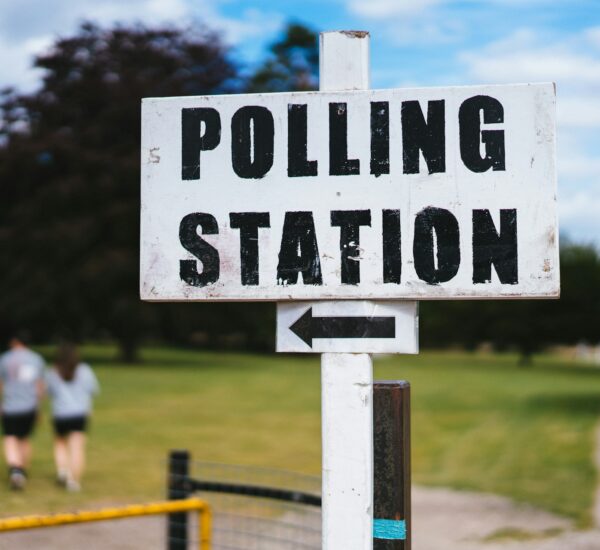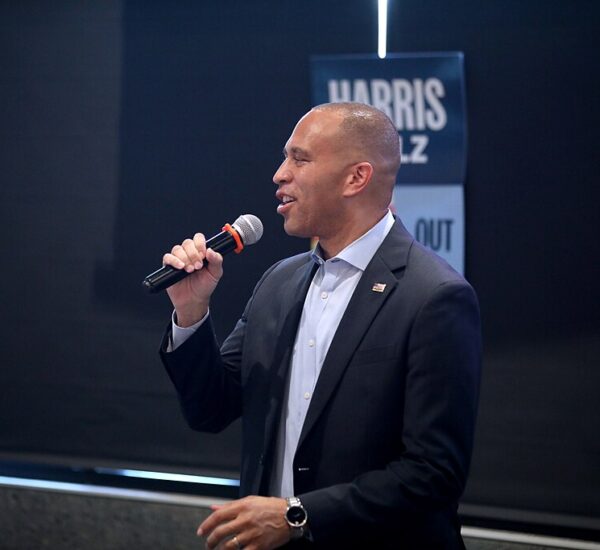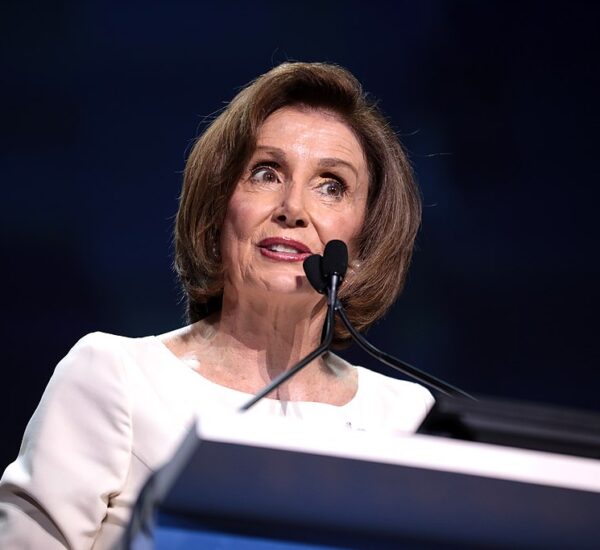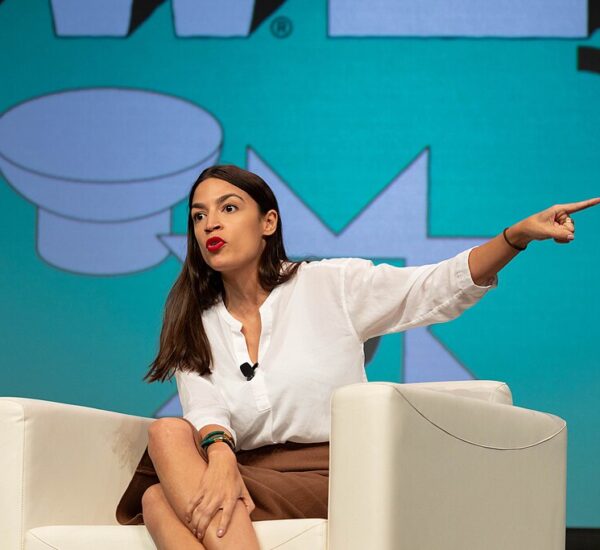Trump Fires Who Now?
President Donald Trump has taken decisive action to remove Rohit Chopra as director of the Consumer Financial Protection Bureau (CFPB), continuing his administration’s push to dismantle the remnants of the Biden-era bureaucracy. Chopra, a holdover from the previous administration, had been one of the last Democratic appointees still holding a position of power at the CFPB.
Chopra’s leadership at the agency was marked by controversial decisions that many in the financial sector saw as excessive government intervention. Notably, he spearheaded initiatives like removing medical debt from credit reports and limiting overdraft fees, which were touted as consumer-friendly measures but raised concerns among business leaders about overregulation. His actions were seen by critics as part of a broader left-wing agenda to increase government control over the financial system, potentially stifling growth and innovation.
Despite these concerns, Chopra defended his tenure in a farewell post on social media, thanking those who had worked with him to hold big corporations accountable. He claimed his efforts had returned billions of dollars to consumers, but many conservatives see this as an overreach, one that favored political motivations over sound economic policy.
Trump’s decision to fire Chopra was not entirely surprising. As a Republican, Trump has consistently advocated for reducing burdensome regulations on businesses to foster economic growth. Under Chopra’s leadership, the CFPB had expanded its reach into areas that many conservatives believe should be left to market forces, including credit card interest rates and financial data privacy.
Chopra, a close ally of progressive figures like Senator Elizabeth Warren, was a staunch defender of the CFPB’s aggressive stance toward financial institutions. However, conservatives like Representative Maxine Waters have long argued that the CFPB oversteps its bounds, undermining free-market principles. Critics such as Richard Hunt from the Electronic Payments Coalition warn that Chopra’s policies actually reduced financial access for vulnerable consumers by increasing red tape.
Ultimately, the CFPB, established after the 2008 financial crisis, has remained a point of contention for Republicans. While liberals argue that the bureau is essential for protecting consumers, many on the right see it as an unnecessary expansion of government power, one that needs to be reined in. As Trump moves forward with his deregulatory agenda, the removal of Chopra signals a clear shift toward pro-business policies and a rejection of the overregulation that has defined much of the Biden administration’s approach.






